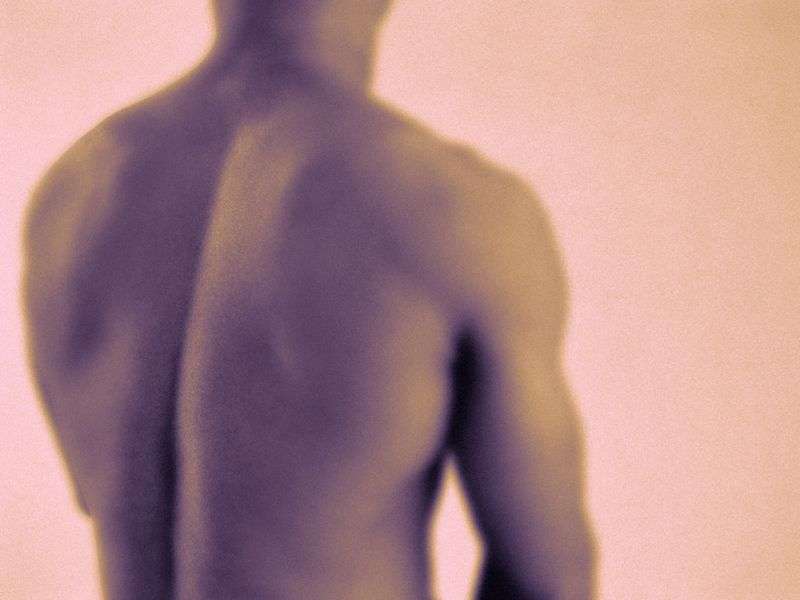(HealthDay)—A novel method of short-term percutaneous peripheral nerve stimulation (PNS) is useful for producing pain relief and reducing medication use among patients with chronic low back pain (LBP), according to a case report published online March 14 in Pain Practice.
Leonardo Kapural, M.D., Ph.D., from the Center for Clinical Research and Carolina's Pain Institute in Winston Salem, N.C., and colleagues describe the use of PNS in two subjects with chronic LBP. Stimulation was discontinued at the end of the one-month therapy and the leads were withdrawn.
The authors note that PNS produced clinically significant improvements in pain and functional outcomes (62 percent average reduction in Brief Pain Inventory Question #5, average pain; 73 percent reduction in disability, Oswestry Disability Index; 83 percent reduction in pain interference, Brief Pain Inventory). Non-opioid analgesic use was reduced by 83 percent on average, and the subject taking opioids ceased opioid use. Minor skin irritation caused by a topical dressing was the only adverse event. For at least four months after the start of therapy, clinically significant improvements were sustained (79 percent average reduction in pain; both reported minimal disability; and 100 and 74 percent reductions in opioids and non-opioids, respectively).
"This therapy has the potential to shift the paradigm in the management of chronic pain, offering a minimally invasive treatment with the potential to bring the benefits of an effective neuromodulation therapy to patients earlier in the treatment continuum," the authors write.
Several authors disclosed financial ties to SPR Therapeutics, which funded the study. Several authors are listed as inventors on issued or pending patents.
More information:
Abstract
Full Text (subscription or payment may be required)
Copyright © 2017 HealthDay. All rights reserved.






















